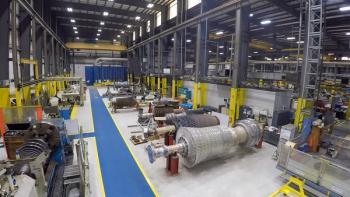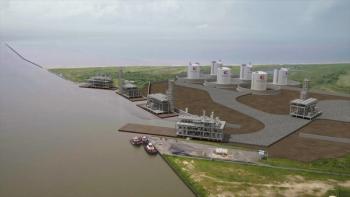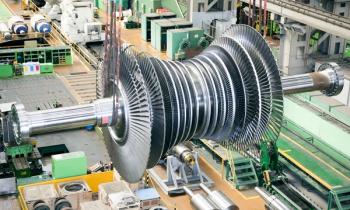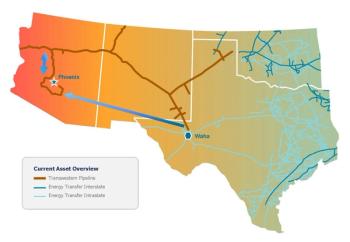
VRNG, Meridian Waste’s Landfill-Gas-to-Renewable-Natural-Gas Project is Operational
The renewable natural gas from the landfill in Missouri is injected in a natural gas pipeline and used as transportation fuel.
Vision RNG’s (VRNG) landfill gas (LFG) to renewable natural gas (RNG) project at Meridian Waste’s Eagle Ridge Landfill is up and running. The project, located in Bowling Green, MO, uses 1,500 scfm of LFG and produces 375,000 MMBtu of RNG annually, which is enough renewable gas to heat approximately 8,800 homes per year.
“Vision RNG is proud to partner with Meridian Waste and is extremely proud of being able to bring this LFG to RNG project online. It is the first of its kind in the State of Missouri. The energy, environmental and economic benefits are significant for all parties,” said Bill Johnson, CEO of VRNG. “This is the first of several LFG to RNG projects VRNG will be bringing online, including projects in Kentucky, Alabama, South Carolina and Oklahoma.”
The RNG is injected into a nearby interstate natural gas pipeline and used across the United States for transportation fuel and other sustainability purposes.
“Today’s announcement activating the Eagle Ridge Landfill’s Clean Energy plant is an extremely proud moment for Meridian Waste and all our partners in this project - first and foremost Vision RNG,” said Walter Hall, CEO of Meridian Waste. “This joint project represents the power of creative thinking, regulatory commitment, sound infrastructure investment, and environmental stewardship in a manner that enhances the natural environment and our shareholders’ financial commitment. This Missouri Clean Energy project is the first of three of which Meridian Waste has partnered with Vision RNG, and it’s exciting to say that together in the 'Show Me State' we are doing just that - showing that our partnership results in better technology, stronger infrastructure, and cleaner energy."
Gregg Asciutto, Area President of Missouri, said that by converting the landfill gas into pipeline quality clean energy, “We manage potential odors more effectively, reduce greenhouse gas emissions, and capture a once wasted renewable resource to fuel more efficient trucks and operations throughout the region.”
Newsletter
Power your knowledge with the latest in turbine technology, engineering advances, and energy solutions—subscribe to Turbomachinery International today.




